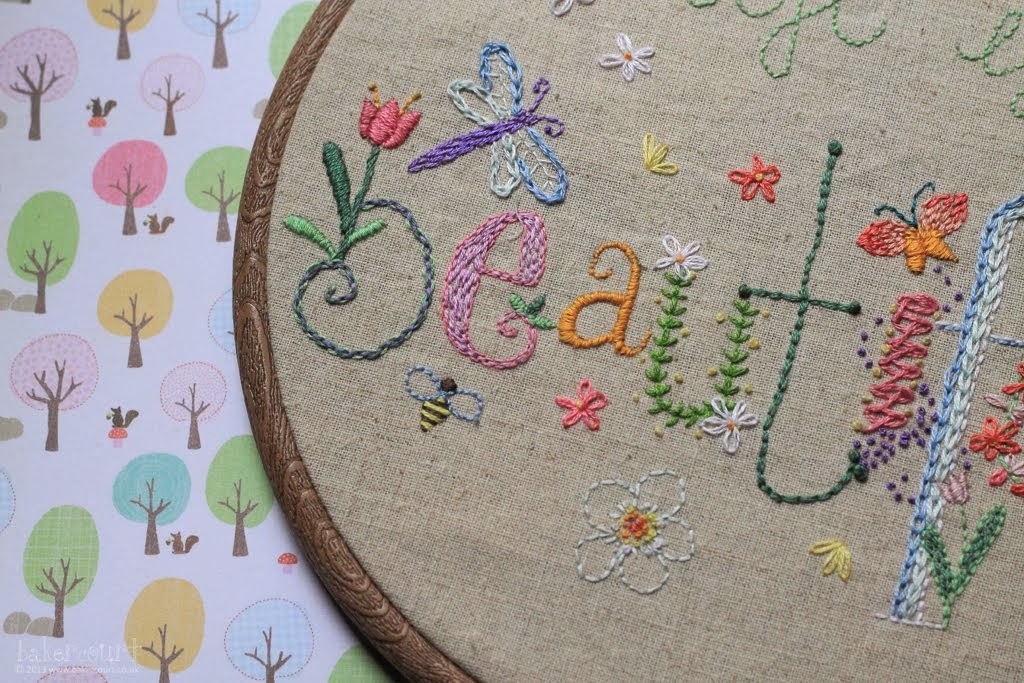Flavour, The Gourmet.
Wednesday, February 09, 2011So, I've been reading. In anticipation of our cross-continental book club where we'll be reading Muriel Barbery's The Elegance of The Hedgehog, I picked up Barbery's The Gourmet (her first novel) from The Last Bookstore in Oxford for £2. It's a slim little volume at only 122 pages, but it's packed with delicious prose and decadent smatterings of gourmet narrative.
It's beautifully written - or at least, I'd imagine it is. I've read the version above which is translated by Alison Anderson, and I must admit that I only stopped to consider that it was a translation when I nonchalantly read how the main character stuffed his mouth 'like a cherub'.
The book is a memoir. The main character is an elderly food critic - a Frenchman, like all good food critics should be - and it casually collects his last thoughts and memories as he tries to recall the first, most perfect taste he experienced before he became a world-famous gourmet. It's not only his thoughts which are included, but those of the people around him - geographically, emotionally - and the objects, animals, people and relationships which exist only in relation to him. His cat admit he will die when Pierre dies, 'because I've always known we'd have to die together'. The cat, his wife, his narrative, the book - it all dies with him.
Barbery's prose is perfectly suited to Pierre the Gourmet. Only a foodie could describe the simplicity of eating a tomato with lusciousness like this:
"...since the moment my teeth tore into the the flesh to splatter my tongue with the rich, warm and bountiful juice, whose essential generosity is masked by the chill of a refrigerator, or the affront of vinegar, or the false nobility of oil? Sugar, water, fruit, pulp, liquid or solid? The raw tomato, devoured in the garden when freshly picked, is a horn of abundance of simple sensations, a radiating rush in one's mouth that brings with it every pleasure. The resistance of the skin - slightly taught, just enough; the luscious yield of the tissues, their seed-filled liqueur oozing to the corners of one's lips, and that one wipes away without any fear of staining one's fingers; this plump little globe unleashing a flood of nature inside us: a tomato, an adventure." - 45It's thick and sensuous. It might only be a few pages, but it's taken me three weeks to digest. I read it in short bits on the train to and from work but luckily yesterday our train was delayed (luckily?) and I managed to finish it to the rather impotent end. I enjoyed it immensely; Pierre is a selfish, hedonistic and gastronomically intense creature, but wholly believable and decadent. I liked him. I didn't like his Venus statue. I liked the vagrant who lives outside his home, ignored for the last ten years.
I loved his piece on bread. Here's my favourite bit:
"Where the crust meets the soft bread, on the other hand, our inner gaze encounters a mill; the dust from the wheat whirls around the millstone, the air is infested with a volatile powder; and the picture changes once again, because your palate has just taken possession of the honeycombed foam, now freed from its yoke, and the labour of the jaw can begin. It is indeed bread, and yet you can eat it like cake; but chewing bread, unlike pastry, or even sweet breakfast rolls, leads to a surprising result, to a ... sticky result. As you chew and chew upon the soft interior, a sticky mass is formed, which no air can penetrate: the bread adheres - yes, like glue. If you have never dared to take a mass of soft dough between your teeth and tongue and palate and cheeks, you have never thrilled to the feeling of jubilant ardour that viscosity can convey. It is no longer bread, nor dough, nor cake that we are masticating; it is something like our own self, what our own secret tissues must taste like, as we knead them with our expert mouths, saliva and yeast mingling in ambiguous fraternity." - 67I like food books, gourmet books, books about food, recipe books, decadent books, delicious books - and this book is all of those. The book is Pierre's life in a short narrative, a book about food - - but more importantly about words. Words as primary, words as substantial, words as nourishment - and words as existence.







0 comments